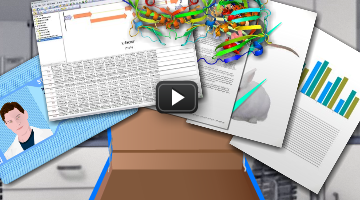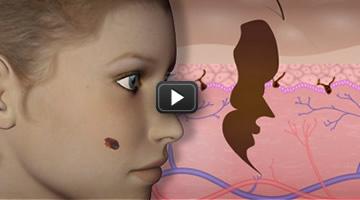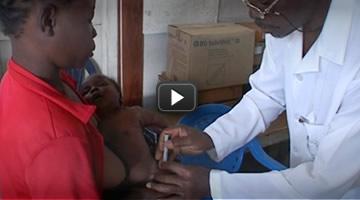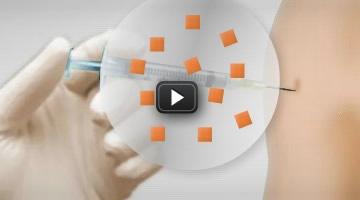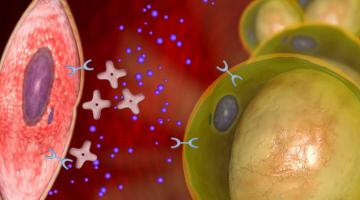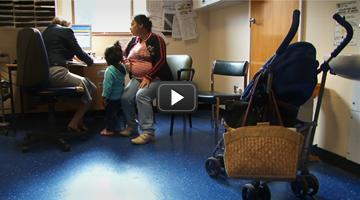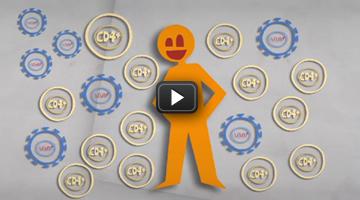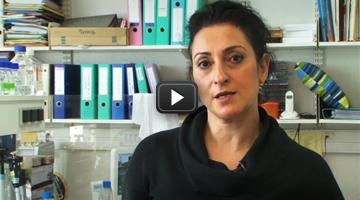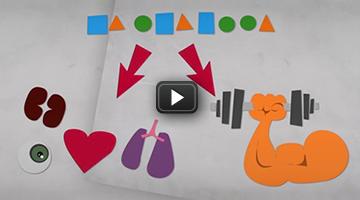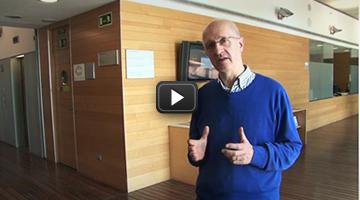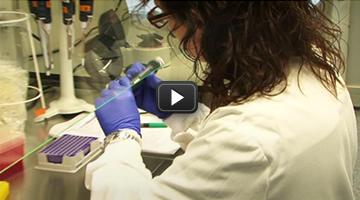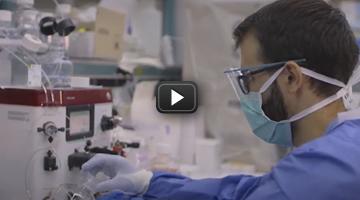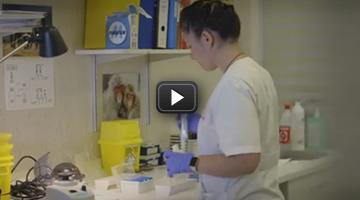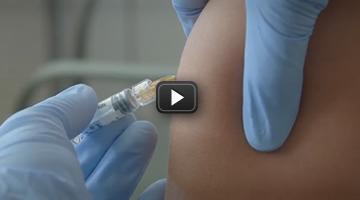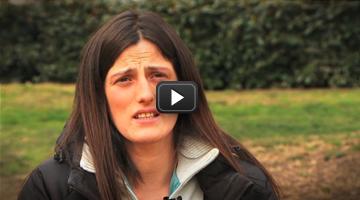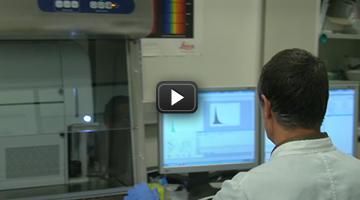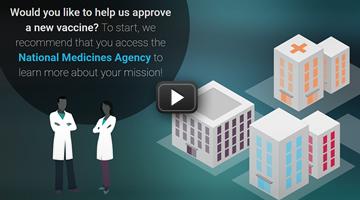The biotechnology revolution
-
Teaching guides | The biotechnology revolution
Teaching guide
This document provides information on the multimedia resources (videos, games, virtual experiments) available in this subject module on the Xplore Health site. For each tool, you will find teaching guidelines and an explanation of how to use them in class.
-
Teaching guides | The biotechnology revolution
Background information
This document gives an overview of the current situation of biomedical research in this field, including its related ethical, legal and social issues.
-
Worksheets for pupils | The biotechnology revolution
Student worksheets: The biotechnology revolution in the classroom
Want to work on biotechnology and biomedicine content in an innovative way that stimulates enquiring minds and brings current research into the classroom?
We propose a series of classroom activities based on a task commissioned by the scientific community to conduct an information campaign after learning all about biotechnology to help send out different messages to the ones we usually... -
Experiment protocol | The biotechnology revolution
Experimental protocol: Participate in research into atherosclerosis
Here you will find a protocol and a PowerPoint presentation to perform a bacterial transformation in a lab. The protocol follows a line of biomedical research focusing on the study of a possible therapeutic target that could be recognised by a drug for atherosclerosis.
This experimental protocol is the ideal opportunity for you to reproduce an experiment exactly how it is done at... -
Game to engage in a dialogue | The biotechnology revolution
Discussion games: The biotechnology revolution
Biotechnology allows us to see and even modify the most intimate characteristics of living beings: the ones that form their genome. However, this begs the question as to whether it is right to let scientists alter and create organisms. What limits should be placed on the selection and implantation of embryos? What impact does biotechnology have on developing countries? To what extent do we...

